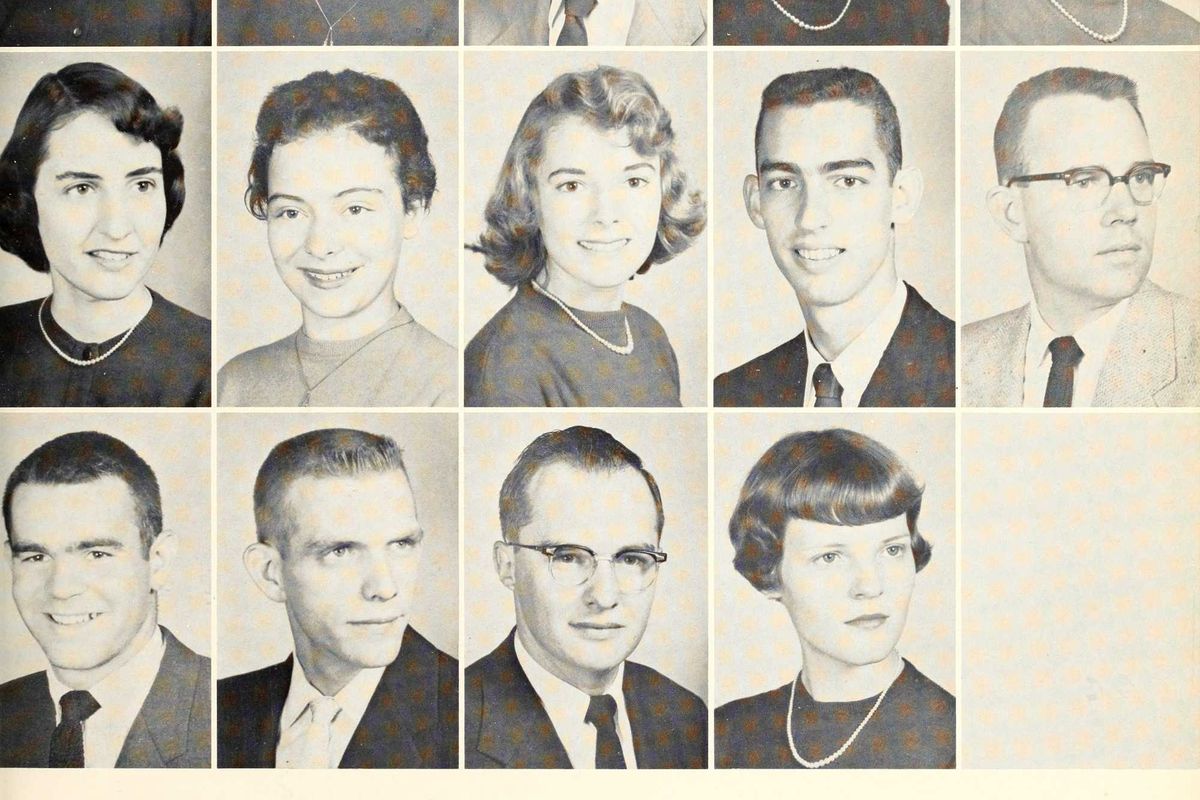How you handle stress might be affecting how empathetic you are.
It's OK; we know how you feel.
"I think we all have empathy. We may not have enough courage to display it."
That's one of my favorite quotes from the late, great Maya Angelou in a 2013 New York Times interview. For all the differences between us, the ability to put ourselves in someone else's shoes is one of humanity's most fascinating, wonderful traits.
And it's a good thing, too. Empathy helps shape our sense of morality and plays a key role in how we interact with others.
"Teammate-person, I see that you've taken a blow to the head. I understand how you feel, and I am here for you!" — My guess at this conversation. Photo by Denis Doyle/Getty Images.
But a recent study suggests that our natural tendencies toward empathy can be hampered by something we all deal with: stress.
We all get stressed out. It's a very human thing to do. Trying to make deadline, stuck on hold with customer service, or even, gulp, headed to the DMV? These are all really stressful situations.
This is basically me when I'm stressed. GIF via "Clue."
And it turns out that when our bodies are in a state of stress, we're less likely — quite literally — to imagine ourselves in someone else's position.
For example, one test positioned the subject on one side of the table with a stranger on the other. From the subject's perspective, a book was placed on the right side of the table.
Here I am, trying to create a diagram. Bear with me.
First, the subject was asked what side of the table the book was on. The answer, obviously, was on the right.
Then, they were asked which side the book was on from the stranger's perspective. Those who were stressed were more likely to answer incorrectly or pause before responding.
The study just confirms what most of us already know.
Know that feeling where you're stressed out and suddenly everyone in the world is just being obnoxious? That moment where you stop being able to (or choose not to) understand where other people are coming from? I certainly do. That's our empathy taking a nosedive.
This is the face of one very stressed-out stock photo model. Image via Thinkstock.
Luckily, there are a few things we can do to help.
Here are three quick tips to beat stress (and restore your empathy)!
The Centers for Disease Control and Prevention has some excellent tips for helping you keep cool under pressure, and most of them come down to some basic self-care techniques.
1. Avoid drugs and alcohol.
This one might seem obvious. But as someone who has struggled with alcohol in the past, I totally get the appeal. The problem is that these are only temporary fixes and in the end, might leave you feeling even more stressed than before. If you're able to, try to cut back and see if that makes things any better.
2. Take care of your body.
Your physical health is so important. Are you eating well? Do you exercise? How's your sleep schedule? Do you have a set routine for the day, or do you just wing it? Pulling an all-nighter or skipping breakfast won't make life any easier. Try to set a routine, starting with the basics — like making a plan for what time you want to go to bed and wake up. Consider planning out your meals at the start of a week. Keep at it, and you might form a habit. You know, one of those good ones.
3. Don't isolate yourself.
Consider joining a book club, or maybe an intramural basketball league. These are long-term stress-reducers. And best of all, they help you get out of your own head for a bit.
Everyone has their own stress-busting solution, so if something works for you (and, you know, doesn't hurt anyone), run with it.
We've written about other approaches to keeping the stress monster at bay. We've covered a 191-year-old symphony that might just keep your blood pressure low, the benefits of owning cats, and the "scientific power of meditation."
The best part about all of this is there's sure to be something that works for you. Maybe you just haven't found it yet. Don't give up! You'll be a better person for it.





 Millennial mom struggles to organize her son's room.Image via Canva/fotostorm
Millennial mom struggles to organize her son's room.Image via Canva/fotostorm Boomer grandparents have a video call with grandkids.Image via Canva/Tima Miroshnichenko
Boomer grandparents have a video call with grandkids.Image via Canva/Tima Miroshnichenko
 Smiling at work, checking messages during a break.
Smiling at work, checking messages during a break. Man focused on his phone screen, deep in thought.
Man focused on his phone screen, deep in thought. Focused multitasking at the office.
Focused multitasking at the office.